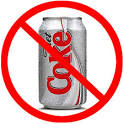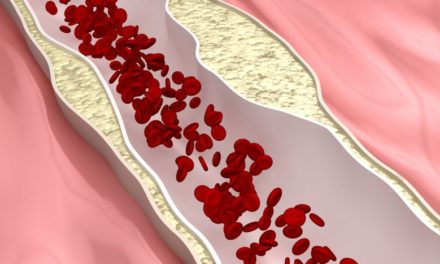 Dieters, in their quest to consume fewer calories, often opt to drink diet soda instead of sodas with sugar in them. It turns out that drinking diet soda may not be a very good strategy for losing weight. Research was performed at the University of Texas Health Science Center San Antonio (and presented at the June 25, 2011 American Diabetes Association’s Scientific Sessions) found a connection between diet soda consumption and girth.
Dieters, in their quest to consume fewer calories, often opt to drink diet soda instead of sodas with sugar in them. It turns out that drinking diet soda may not be a very good strategy for losing weight. Research was performed at the University of Texas Health Science Center San Antonio (and presented at the June 25, 2011 American Diabetes Association’s Scientific Sessions) found a connection between diet soda consumption and girth.
The researchers monitored 474 subjects between the ages of 65 to 74 years for nearly a decade. They measured the weight, height, and waist circumference of the subjects every 3.6 years. They also kept track of diet soft drink intake.
They found that the weight and waist circumference of the subjects increased proportionally to the amount of diet soda consumed. “On average, for each diet soft drink our participants drank per day, they were 65 percent more likely to become overweight during the next seven to eight years, and 41 percent more likely to become obese,” said Sharon Fowler, who was a faculty associate in the division of clinical epidemiology in the Health Science Center’s department of medicine at the time.
The fact that something that does not have any calories can actually cause weight gain may change how we think about calories and weight loss. Another study, presented at the same meeting by Sharon Parten Fowler, Ganesh V. Halade, and Gabriel Fernandes showed a connection between aspartame consumption and weight gain in mice. Mice fed food that was high in aspartame(an artificial sweetener sold under the brand name Nutrasweet) actually had higher blood sugar levels than mice not fed aspartame. Fowler, one of the researchers, postulated that aspartame could trigger an increase in appetite, but do nothing to satisfy it. It can interfere with the body’s ability to feel full and can cause overeating.
Also, the taste buds may perceive that the drink is sweet, but the brain knows the difference. One study found that women could not tell the difference between sugar and Splenda in taste tests. When the brain was viewed with functional MRI scans, it was determined that the brain’s reward center responded more completely to sugar than to artificial sweetener. “Your senses tell you there’s something sweet that you’re tasting, but your brain tells you, ‘actually, it’s not as much of a reward as I expected,'” Dr. Martin P. Paulus, a professor of psychiatry at the University of California San Diego and one of the authors of the study.
“Data from this and other prospective studies suggest that the promotion of diet sodas and artificial sweeteners as healthy alternatives may be ill-advised,” said Helen P. Hazuda, Ph.D., professor and chief of the Division of Clinical Epidemiology in the School of Medicine. “They may be free of calories but not of consequences.”





